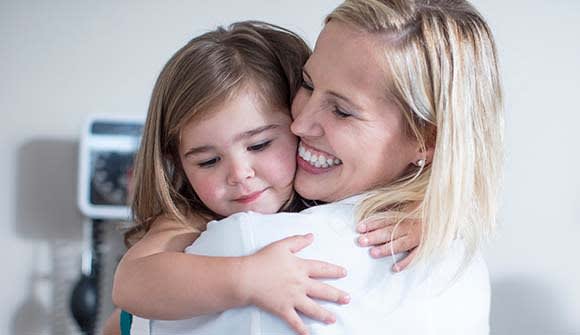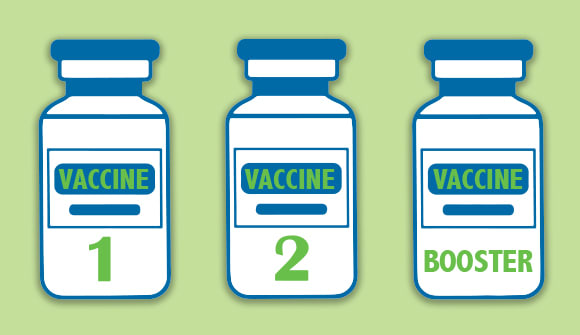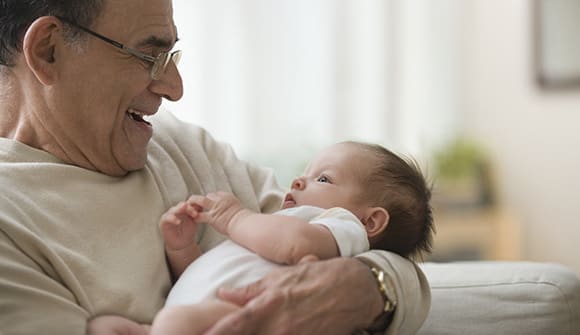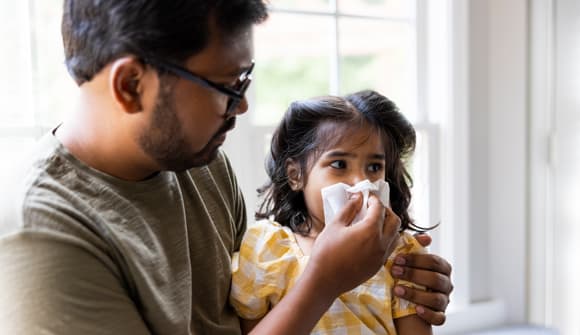Lesson learned
Woman changes mind on COVID-19 vaccine after getting the virus.
Article Date:
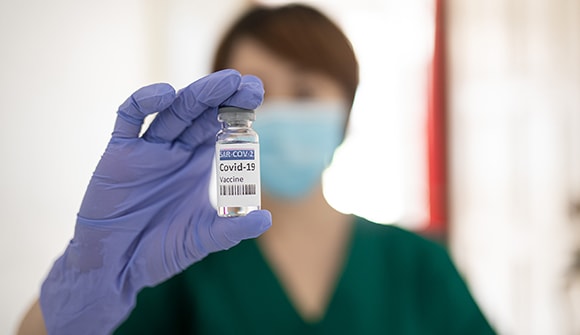
Sue Ferrell was adamant she wasn't going to get the COVID-19 vaccine.
"It was too new, and I just didn't believe I would ever get COVID," the 60-year-old from Jacksonville recalled. "When my boss said, 'put a mask on,' I'd say 'yeah, yeah, yeah,' because I just didn't think it was a big deal."
Ferrell went out to a restaurant on a Sunday night in May 2021 to celebrate her birthday, started feeling ill with flu-like symptoms on Monday, and decided to get a COVID-19 test on Tuesday. Two days later, it came back positive.
"I felt terrible and was absolutely miserable," she remembered. "COVID-19 is definitely worse than the flu."
A 30-year patient of Baptist Health with some serious underlying health issues, Ferrell's next call was to her primary care physician, Ilene Levenson, MD, an internist at Baptist Primary Care. Following a virtual consultation, Dr. Levenson prescribed a monoclonal antibody infusion to help alleviate Ferrell's symptoms, and hopefully keep her out of the hospital.
Science, not magic
The U.S. Food and Drug Administration (FDA) defines monoclonal antibodies as "laboratory-made proteins that mimic the immune system's ability to fight off harmful antigens such as viruses." Basically, the infusion boosts the immune system's response to the virus. Monoclonal antibodies are available for COVID-19-positive patients who are over 12 years old, weigh more than 88 pounds, and are at higher risk of severe illness from COVID-19. It must be given within the first 10 days of having symptoms.
Ameen Pirasteh, PharmD, an infectious diseases pharmacist with Baptist Health, explained the health system has a process in place to administer the antibodies on a limited basis to those who meet the criteria, have a mild case of COVID-19, and are not on oxygen.
"Patients seem to feel a lot better 48 to 72 hours after getting the infusion," he said.
"It's not a magic infusion, so everyone may not feel better right away, but they won't get worse, which is most important," added Shalika Katugaha, MD, director of infectious diseases at Baptist Health.
Ferrell said she knows people who suffered with COVID symptoms for three weeks or more, but she felt much better the day after her infusion.
"Monoclonal antibodies are helpful, but are not for everyone. If you are diagnosed with COVID-19, talk with your primary care physician to determine if this treatment would be right for you," said Dr. Levenson.
She added the treatment is not a substitute for the vaccine.
"The vaccine is an easy and safe way to help protect yourself, your loved ones and your community from COVID-19. Even if your own experience with the illness is mild, there is no guarantee that those you possibly infect will be equally fortunate. The vaccine is particularly important for people like Sue who have underlying health conditions."
Ferrell said, "I learned my lesson. I tell everyone to get the vaccine, and I definitely will be getting mine following the 90-day post-infusion waiting period!"
At Baptist Health, we want to help keep our community informed about COVID-19. For more information about COVID-19 vaccines, visit baptistjax.com/covid19vaccine. Click here to find a vaccination location near you.
